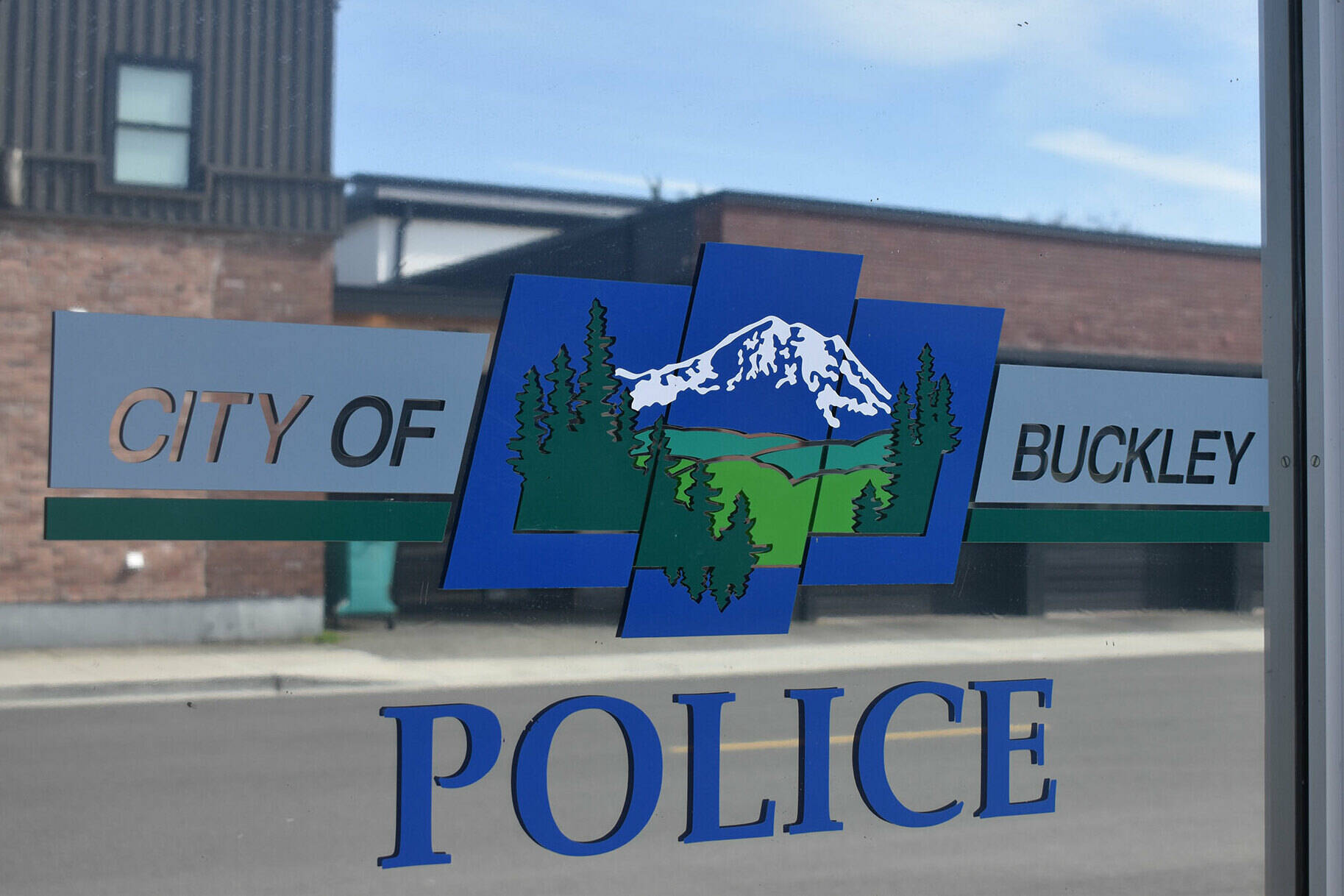Buckley police officers could be wearing body cameras as soon as September under a nearly $98,000 contract the city council approved last month.
Council members unanimously voted for the five-year contract, paid for entirely by federal relief funds, with Arizona-based technology company Axon during their March 22 meeting.
Police body-worn cameras are used to collect independent video and audio evidence during police interactions with the public, especially those that become heated or involve the use of force. Proponents of the technology say they both exonerate good cops of wrongful claims of misconduct and hold accountable those officers who do use excessive force or otherwise misbehave.
Body cameras can resolve unfounded citizen complaints, provide powerful evidence for prosecutors, and help the city avoid litigation, Chief Kurt Alfano said during the council meeting.
“This is 2022, policing has changed, and there’s laws that have changed, and there’s a need for this,” remarked council member Ron Smith, who is a former Seattle Police Department detective. “This is technology that I wish was around 30 years ago. It wasn’t, but this is a good investment, and it shows that we’re moving in the right direction … ahead of (body cameras) being mandated.”
Buckley’s not the only city eying the technology for its police, and it might not be long until nearly all officers in the area are using body cameras.
The Black Diamond Police Department bought body cameras last year and has been using them since December 2021, Chief Jamey Kiblinger said in an email.
Meanwhile, Enumclaw police has ordered body cameras and expects them to be delivered by this fall, EPD Chief Tim Floyd said. The King County Sheriff’s Office recently completed a pilot program with Axon and hopes to deploy body cameras and in-car patrol video, “pending Executive approval,” sheriff’s Captain Tim Meyer said.
Axon is behind a number of tools used by law enforcement, including tasers and camera technology. Buckley’s contract with the company will be paid for entirely through American Rescue Plan Act of 2021 (ARPA) money, Alfano said.
Under the contract, Buckley ordered 12 cameras — one for each of the department’s 11 commissioned officers, which includes the chief, plus an extra camera if needed. The department is at least 90 days out on shipment of the devices, Alfano said in an email March 29. Officers will have to be trained on using the cameras when they arrive.
“If everything goes to plan, the earliest we will see cameras online would be September,” Alfano said in an email.
The cameras can be programmed to turn on the moment an officer draws their gun or taser, and to save thirty seconds of footage from up until that point, Alfano said.
Until the cameras arrive, Alfano and the police guild are working on a draft policy for how officers will use the cameras and how their various features will be programmed, the chief said.
“We’re going to have extensive training,” Alfano said during the council meeting. “This is just the beginning.”
Under the contract, all digital evidence an officer collects can be uploaded remotely to Axon’s data management system Evidence.com. The police department, as well as prosecutors and the court system will then be able to access the information, Alfano said.
The price tag for the contract — quoted at $97,740, according to city council documents — includes the cameras (about $8,400), storage, warranty and licensing costs ($64,080), charger and wall mount costs ($3,078) and other accessories and services ($14,954). Taxes add another $7,000 or so.
Broken down over five years, that cost comes out to about $7.85 per officer, per shift, Alfano said.


